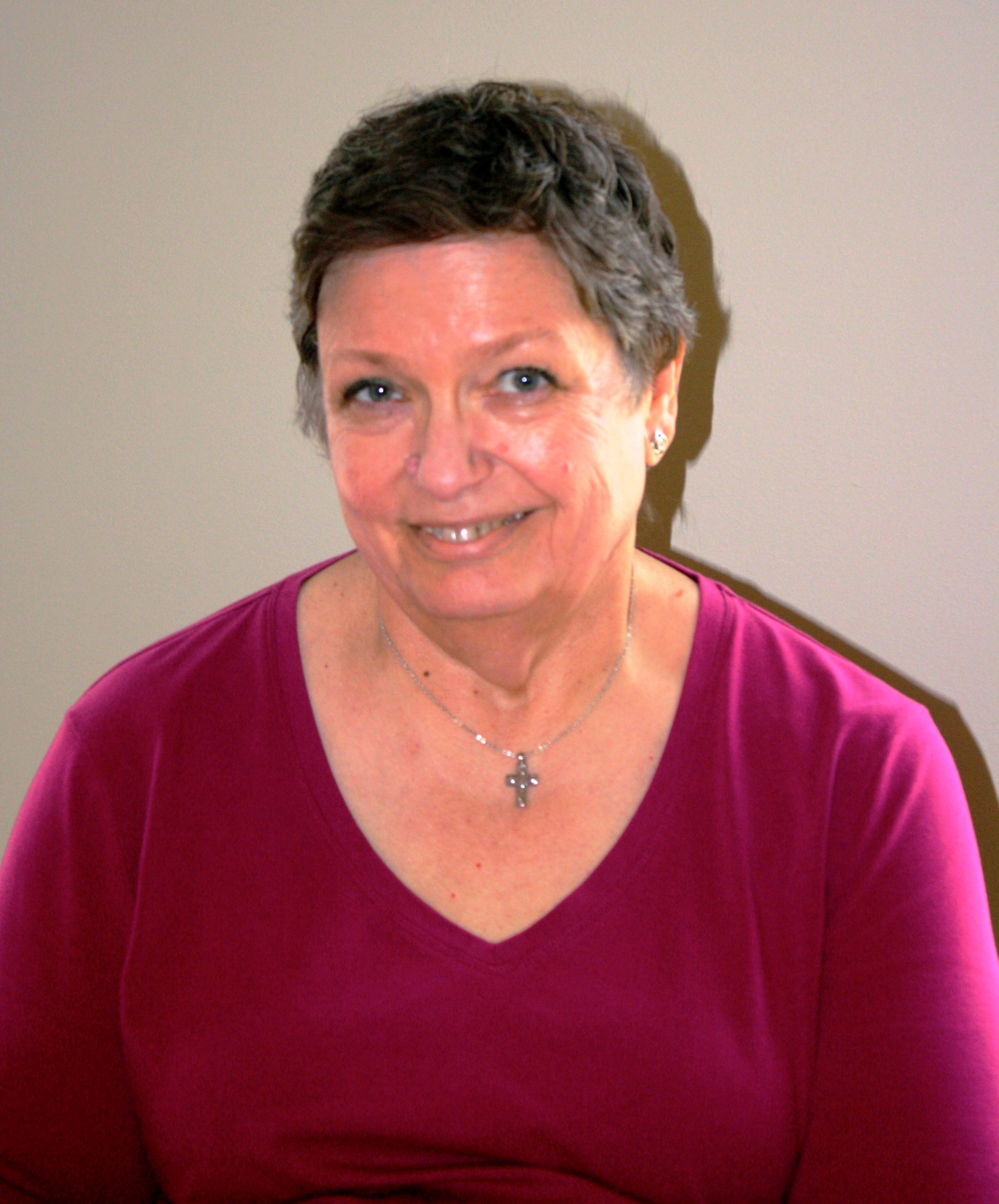
LDA is a “grass-roots” organization that was designed with two critical balance points — state and local affiliates and the national organization. The Assembly of Delegates composed of delegates from the Local and State affiliates elect the LDA Board of Directors. But then what happens?
Each member of your Board of Directors is required to be actively involved in a committee at the national level. Our organization has 18 committees, all staffed by volunteers. A number of the committees work specifically to assist state and local affiliates through support, membership, marketing and communications. Of course, in real time, each of the 18 committees address the elements and aspects of fulfilling the mission and vision of LDA, all in the hopes of supporting the whole – state and local affiliates and the national organization.
LDA has been an active organization throughout the United States for the past 52 years. Hundreds, perhaps thousands, of volunteers have given their time and energy to ensure that our constituents, those with learning disabilities, families, professionals, researchers and many others, are provided the information necessary to ensure full access that results in the same quality of life that those who do not have learning disabilities enjoy.
That said, let’s get back to the volunteers – the very core of the organization. Volunteers are like sponges; they work until they are fully saturated and then can’t take on any more. That is what is occurring within our state and local affiliates as well as at the national level. When I accepted the role of President, one of my major goals was to increase the number of new volunteers within the organization. You have probably heard me speak about this or you have read the goal in pieces I have written.
Some important facts about volunteers:
- Organizations tend to consistently go back to the same volunteers time after time because they follow through and are always there, that is, until they get tired.
- Frequently volunteers say yes way too often because they don’t know how to pace themselves; thus they get overloaded and can’t fulfill their commitments.
- New volunteers generally don’t emerge without being asked to help or be involved in some way.
- Volunteers need recognition of their contributions both formally and informally.
Why do volunteers get involved? When a person volunteers for something the action is always based on inner motivations. A parent volunteers to chaperone a field trip. Why? Perhaps the venue is something the person wants to experience or maybe it is very important to ensure that those wanting to go on the field trip have adequate chaperones so the field trip can happen. There are many motivating reasons people agree to volunteer for LDA. Could be there is a family member with learning disabilities or maybe the opportunity meets needs such as business, friendship, belonging, or many other self-serving features. None-the-less, the acceptance of participation is first and foremost self-serving.
People also volunteer because they are looking to form solid relationships with others who have similar or like motivations. Investing in relationships is one of the strongest inspirations for our inner motivations.
People volunteer because they have a passion for a cause or a concern. This is truly their belief system engaging, which is the strongest level of commitment. People join and volunteer because they believe the cause is right, which is the highest level of motivation.
In order for state and local affiliates and the national organization to thrive, we need to generate a culture that stimulates the inner motivation of each volunteer. Make a commitment to take on the safekeeping of our organization by asking someone new to help you with a project or activity. October is Learning Disabilities month. Commit to talking about the organization you are so passionate about to one new person per day. Remember, no one knows you need volunteers unless you tell them.
Nancie Payne, Ph.D., in addition to being a former secondary reading teacher, has served LDA of America in various capacities including the Executive Board and Treasurer, Board of Directors, Professional Advisory Board, Adult Topics Committee Chairperson, Program Committee Chairperson and Co-Chairperson. She has significant experience serving on Washington state and Northwest regional boards. She is currently CEO/President of Payne & Associates, Inc. assisting children and adults with non-apparent disabilities and providing professional development throughout the United States and Canada.



